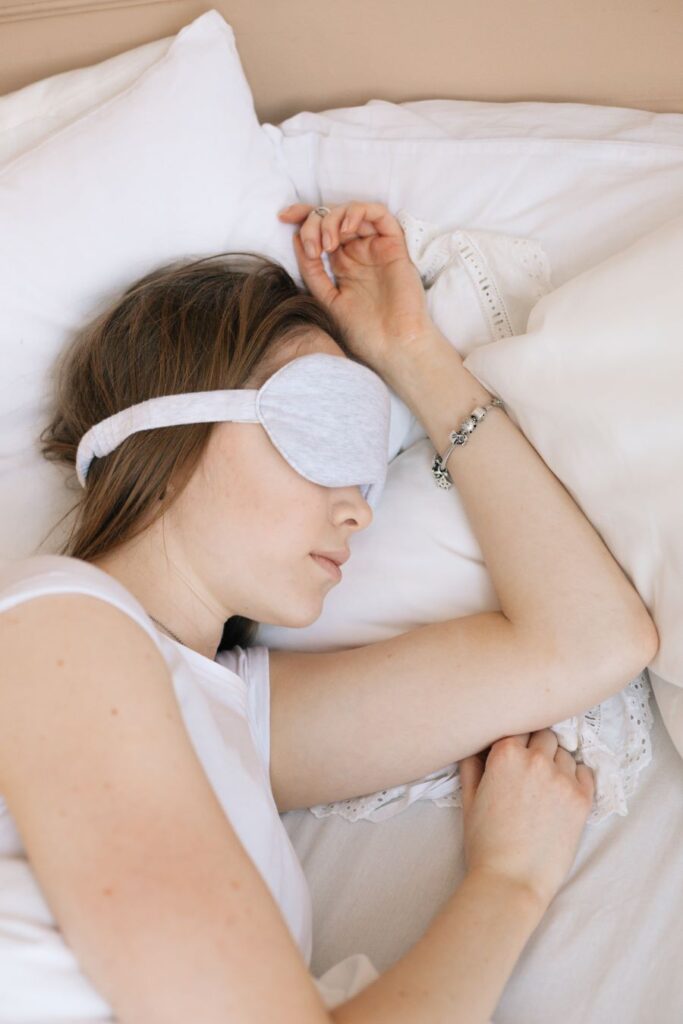What is a ‘sleep divorce’, we hear you ask. Well, it’s basically parting ways at bedtime in order to benefit your relationship during waking hours
We often don’t appreciate the almost miraculous effect a good night’s sleep has on our sense of wellbeing until we experience a really bad one. For many people, going to bed and falling asleep as soon as their head hits the pillow is the norm and something they unknowingly take for granted. For others, their bedroom is a battleground, a place where they go to sleep but often find themselves wide awake hours later, fretting about how long they have have left before the alarm signals the start of a new day.
It can be an even more fraught area if you are in a couple and your partner keeps a different schedule to you. In this case, it doesn’t matter if you’re the best sleeper in the world – if they are coming to bed hours after you retire or rising hours before you get up, one or both of you is going to suffer.
You may have tried to compromise where one of you agrees to go to bed later or earlier in the name of nocturnal harmony but, eventually, night owls and early birds gravitate towards their natural inclinations and something has to give.
Then there are the various sleep habits we have that can disrupt a partner – snoring, vivid dreams, sleep talking, sleep walking, tossing and turning, or needing to sleep with a device – wind machine, white noise, night light etc. Just because you’re compatible in life doesn’t mean you’re going to be compatible in your sleep habits. But maybe that’s OK.
This is where a ‘sleep divorce’ comes in.

What is a sleep divorce?
It involves sleeping in different bedrooms or different beds in order to be happy, rested and maintain a productive routine in your everyday life while respecting each other’s sleep pattern.
Depending on the issue – restless leg syndrome, getting up to use the bathroom regularly, body heat or blanket hogging – or the amount of space you have in your home, separate beds in the same room might suffice to solve the problem.
How will it impact the intimacy in our relationship?
It’s important to understand that sleeping separately does not need to negatively affect your sex life. In fact, many couples report that a ‘sleep divorce’ can enhance intimacy as a lack of energy is often cited as a greater reason for not having sex than a lack of opportunity!
Often what people miss is the little things like a cuddle before saying good night, or having someone to wake up beside in the morning. There’s no reason why you still can’t have that closeness before going to bed and, being intentional about it, even if one person is not staying in bed, gives it an added significance that it might not otherwise have.
However, there is a co-hort of the population that report sleeping better with their partner beside them despite the interruptions – they enjoy the warmth, safety and affectionate touching that naturally occurs by being in the same bed.
You will find out what works best for you after a couple of weeks of sleeping separately.
What’s the best way to broach a ‘sleep divorce’?
Asking for a ‘sleep divorce’ might feel like a tricky situation but it doesn’t have to be. Here are some tips on how to start the conversation with your partner:
- Avoid blame. Use the term ‘we’ instead of ‘you’. For example: “I feel like we are on different wavelengths when it comes to our sleep routines” instead of “You come to bed so late, you make a load of noise and then I can’t get back to sleep”
- Explain the health benefits and why it’s important to you to get better sleep
- Suggest a trial basis – do a week in separate beds or bedrooms and see how you both feel
- Split the week up – separate beds during weeknights and the same bed over the weekend
- Schedule sex, date nights or just time together watching a show throughout the week to ensure you maintain intimacy in your relationship
- Listen to what your partner has to say
A trial ‘sleep separation’
If you’re not quite ready for a ‘sleep divorce’, try a separation with twin beds pushed together or split your king-size bed in two with separate mattresses and duvets.
In the end, it’s about what suits your lifestyle best, what you can afford, what works for your relationship and ultimately, what gets you the best night’s sleep every night.








